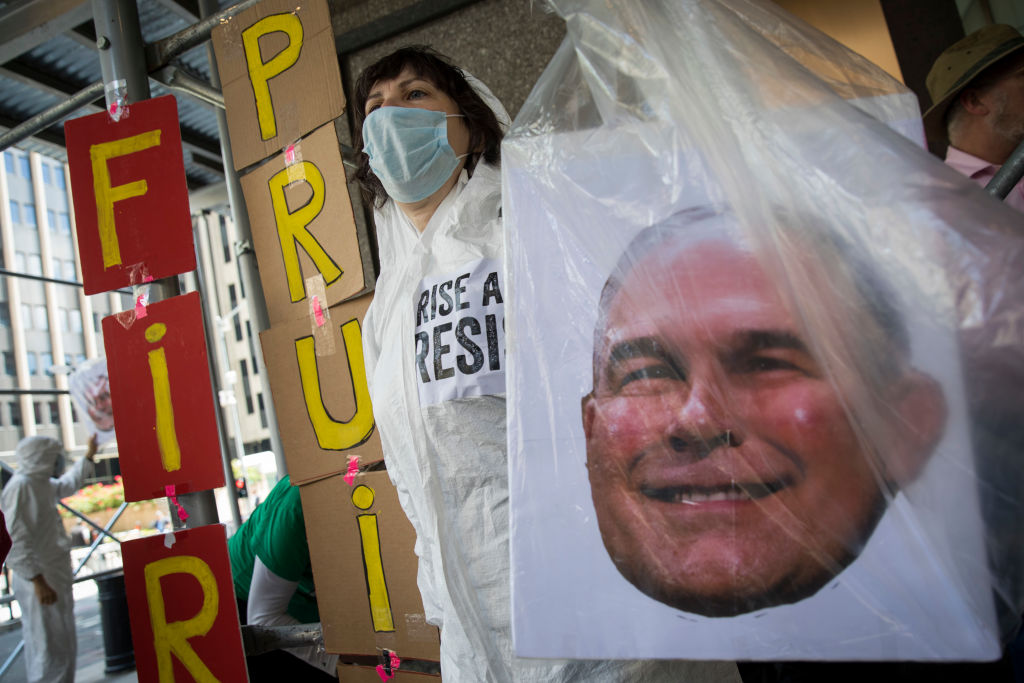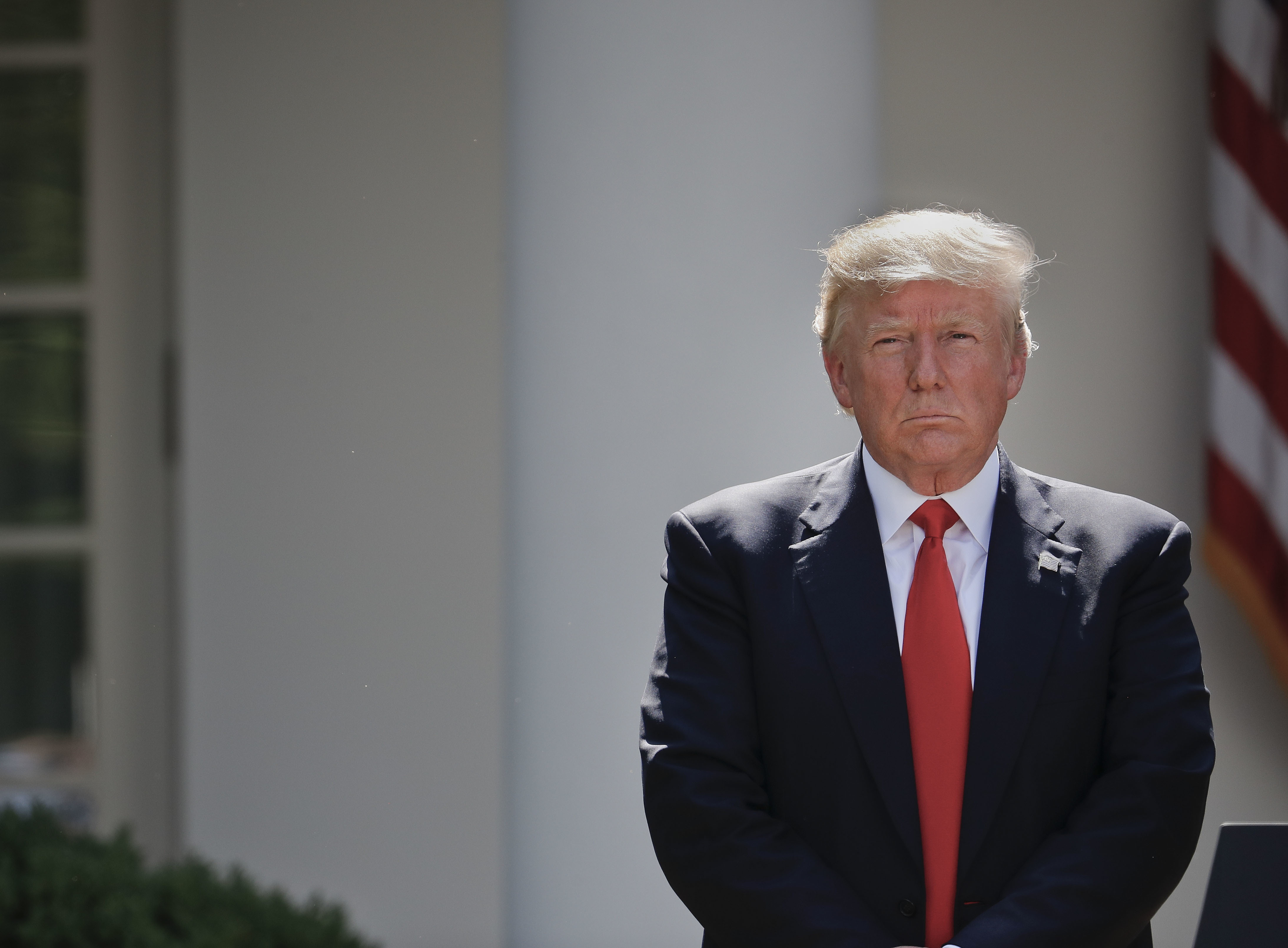It’s open season for environmental crimes in the U.S., a new report from Syracuse University’s Transactional Records Access Clearinghouse (TRAC) suggests.
Prosecutions under environmental law fell 10 percent for the 2018 fiscal year from their 2017 levels, which were themselves a substantial drop from prior years. Overall, federal prosecutions for environmental crimes are now down 40 percent from 2013 levels.
The magnitude of these prosecutions has never been particularly impressive. Even at previous highs, the feds pursued fewer than 300 cases per year in the categories tracked by the group. The 109 new environmental cases brought by federal prosecutors last fiscal year is roughly half the figure from 20 years earlier.
Prosecutors have been slackening their environmental caseloads ever since the start of President Barack Obama’s second term. But the continued dropoff TRAC found in the past two years coincides, of course, with the elevation of a crop of federal environmental officials uniquely hostile to enforcing the laws in question. Like all regulatory bodies, the Environmental Protection Agency (EPA) is a shining target for polluting industries who profit from slacker enforcement and loosened regulation. President Donald Trump’s approach to the EPA has encouraged such “regulatory capture” by polluters.
Trump’s regime and its congressional allies have sought to criminalize protest activities common to the environmentalist movement, while relaxing the government’s vigilance on public health, safety, and conservation at the EPA and the Department of Interior. It has proposed radical budget cuts for environmental protection programs and research while allowing disgraced former EPA head Scott Pruitt to spend ludicrous sums on his own security detail and creature comforts.
Pruitt knew exactly what he was doing, of course. He sought to scrub his meetings with polluter industry executives from agency records prior to his resignation as internal and external investigations into his conduct piled up.
The willful sabotage of environmental regulation and enforcement at the federal level has left state officials to fill the breech. California Attorney General Xavier Becerra opened a new office within the state’s law enforcement bureaucracy to root out environmental wrongdoing, citing Pruitt and Trump’s disinterest in the work as a motivating factor.
The criminal prosecutions which TRAC follows are only one component of the federal government’s broader enforcement work on environmental wrongdoing. Civil actions have also slowed dramatically since Trump took office, with Pruitt’s team closing just 48 such cases in their first year compared to 71 civil enforcement actions in Obama’s first year and 112 in President George W. Bush’s first year.

